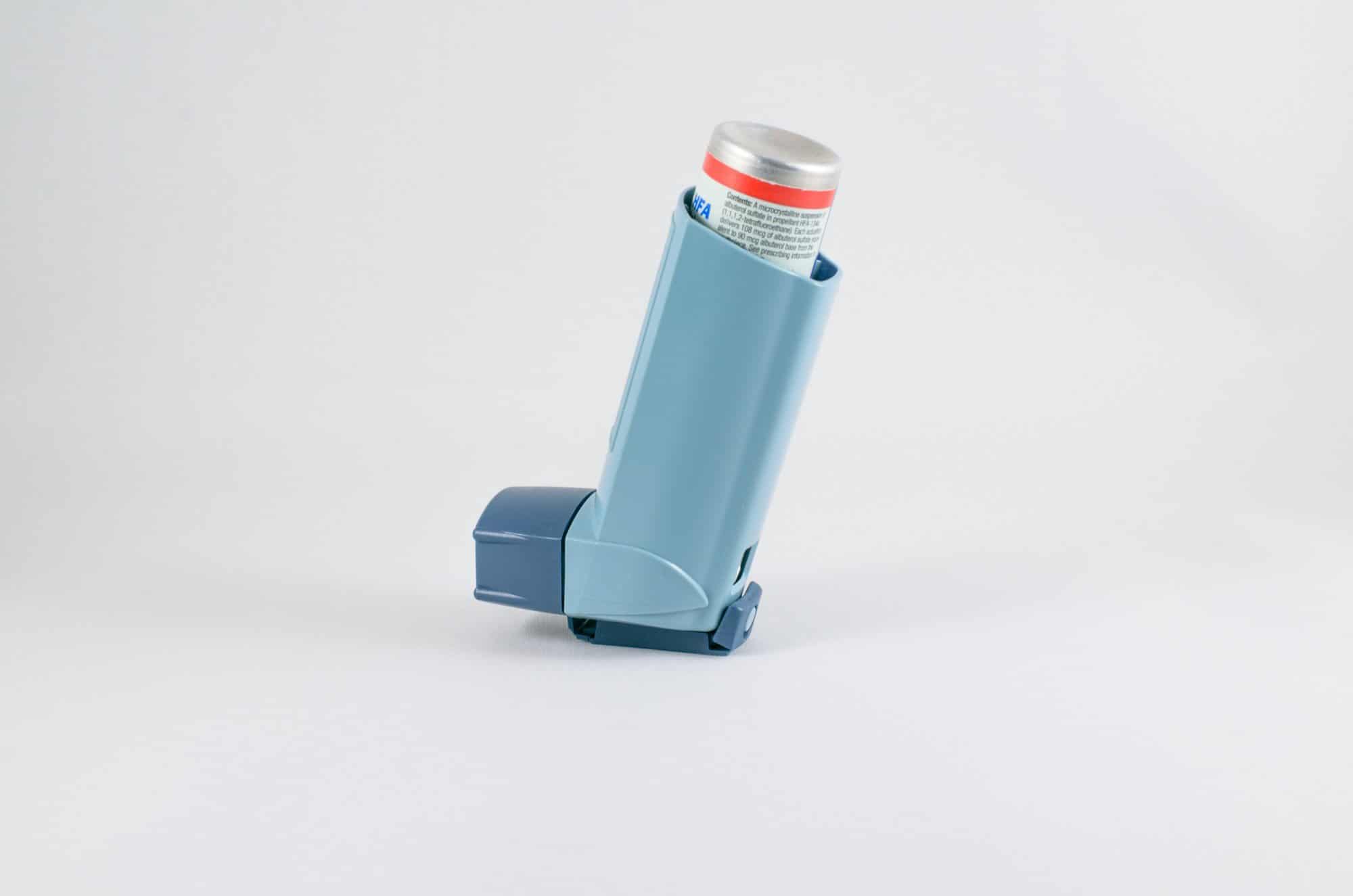Chances are that someone at your gym, on your kickball team, or in your running club has asthma. More than 26 million Americans do — and while it’s an entirely treatable disease, it can also be scary to watch someone having an asthma attack.
Whether you have asthma or someone you love has just been diagnosed with this respiratory disorder, learn what the signs of asthma attacks are. That can help you know how to treat it, and when to go to urgent care.
First Off, What Is an Asthma Attack?
During an asthma attack, a couple of things happen. The muscles surrounding the patient’s airways will tighten. At the same time, the airways’ lining can also become inflamed and swollen. This means that the airways can feel pressure from both outside and inside.
Additionally, the mucus that your body normally produces becomes thicker. There may be more of it than normal, too.
These three factors can lead to symptoms such as:
- Shortness of breath
- Difficulty breathing or getting a full breath
- Coughing
- Wheezing
- Tightness or pressure in the chest
- Difficulty speaking
- Tightening of the neck muscles
- Pallor or change in complexion
- Panic or anxiety
As you can imagine, even just a few of these symptoms can be debilitating to experience.
How Long Does an Attack Last?
The duration of an asthma attack may be anywhere from a few minutes to a few hours. Usually, the asthma patient will have a good sense of how long his or her attacks are. They will also be able to determine whether this is a mild attack that will likely pass on its own, or if medical attention is necessary.
What’s the Treatment for Asthma?
Several forms of preventative, long-term care treatment are available for asthmatics. These include corticosteroids, biologics, beta agonists, bronchodilators, and other medicines. They can be inhaled or taken orally.
Asthma patients often use rescue inhalers during an attack, as well. An inhaler delivers an immediate dose of medication to the airways. This helps to reduce inflammation, loosen the muscles around the airways, and clear out excess mucus.
If an attack does not respond to treatment, it’s important to get to an urgent care facility or hospital — or call for an ambulance.
When Do Asthma Attacks Require Medical Attention?
There are some instances in which an asthma attack will not resolve on its own, with or without medication. One is called “silent chest.” That’s when there isn’t even enough air moving through your lungs to cause wheezing.
In another very serious situation known as cyanosis, the patient’s lips can begin to turn a bluish shade. This is due to a lack of oxygen in the blood because of impaired breathing. This requires immediate care in the emergency room or from paramedics.
Do not hesitate to call 911 if an asthma patient shows either of these signs.
Final Thoughts
One of the best ways to help a friend or loved one with asthma is to be informed about the symptoms and treatment of asthma attacks. That way, you can help determine if they require medical assistance.
If you are headed to urgent care, check out this article about what to know before you go.

